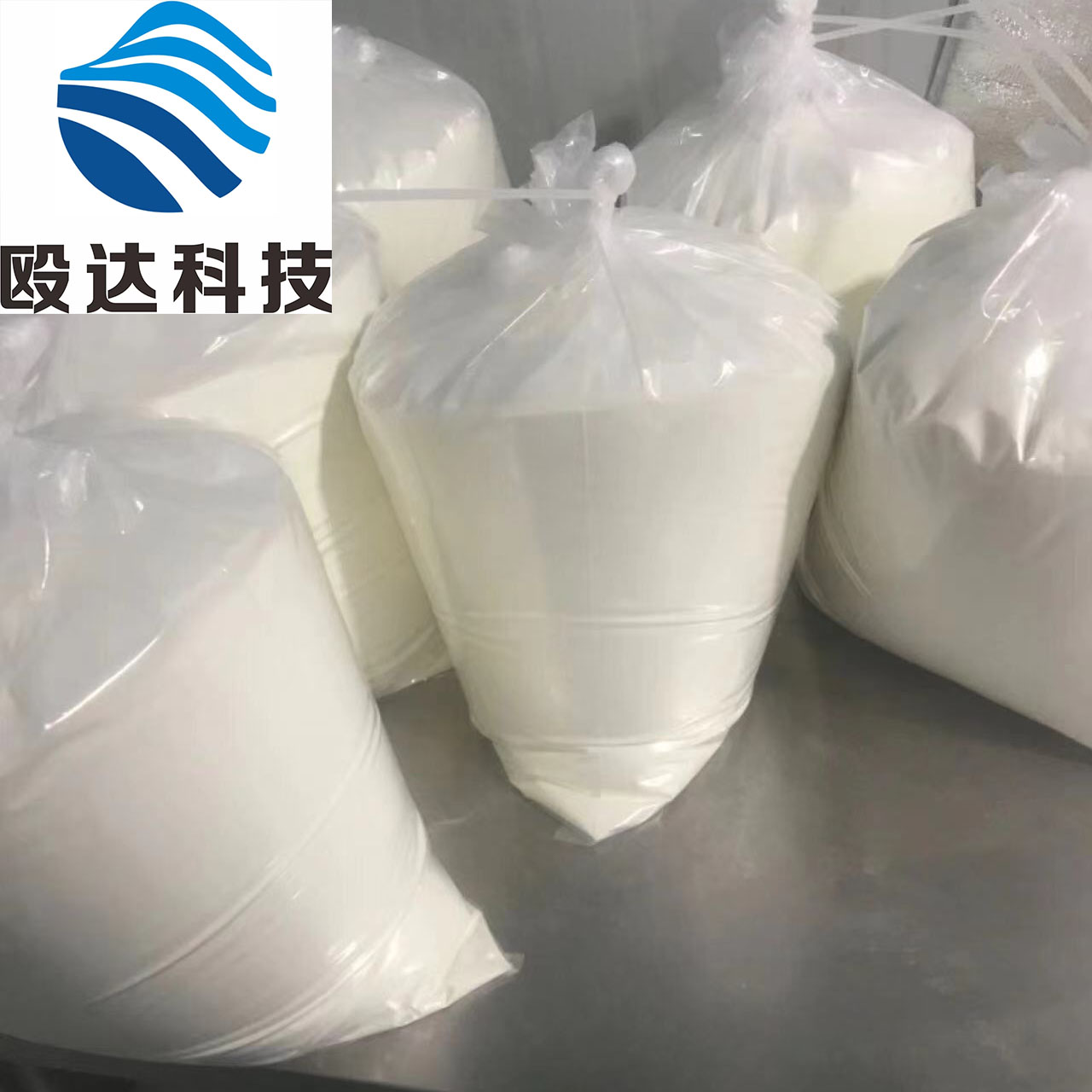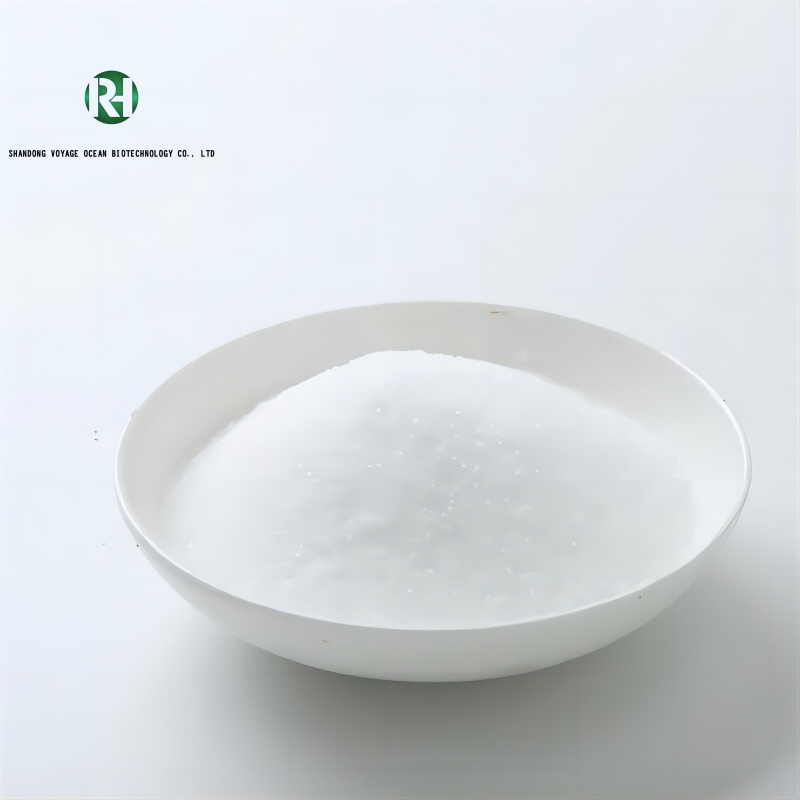Target drug imbruvica approved by FDA for relapse of refractory marginal zone lymphoma
-
Last Update: 2017-03-02
-
Source: Internet
-
Author: User
Search more information of high quality chemicals, good prices and reliable suppliers, visit
www.echemi.com
Last month, the U.S FDA (http://www.chemdrug.com/article/11/) sent a new message, the multinational drug companies abbvie and Johnson& Ibruvica, a target drug developed jointly by Johnson, has been approved for the treatment of relapsed and refractory "marginal zone lymphoma" (MZL), which is suitable for those patients who have used at least one anti-CD20 target drug as the basic treatment Imbruvica became the first FDA approved drug for "relapsed refractory borderline lymphoma" (http://www.chemdrug.com/) Imbruvica has been approved by FDA for many times The indication of lymphoma in marginal area is the fifth largest blood tumor approved by imbruvica so far It has previously been approved by the FDA for the treatment of chronic lymphoblastic leukemia (CLL), small lymphoblastic lymphoma (SLL), Fahrenheit megaglobulinemia (WM), and mantle cell lymphoma (MCL) Borderline lymphoma is a slow growing B-cell lymphoma According to the location of the involved lymph nodes, it can be divided into three subtypes: lymph node type, mucosa associated lymphoid type outside the lymph nodes, and spleen marginal area lymphoma In these patients, B cells grow uncontrolled and affect healthy blood cells in bone marrow and blood (http://www.chemdrug.com/article/7/) In the development of these B cells, an enzyme called Bruton's tyrosine kinase (Btk) plays an important role Imbruvica is a specific Btk inhibitor, which can inhibit the proliferation of cancer cells by inhibiting the BTK target Imbruvica was approved for the treatment of borderline lymphoma based on data from a clinical trial called pcyc-1121 (http://www.chemdrug.com/sell/24/) In this trial, 63 patients with relapsed and refractory borderline lymphoma were enrolled, all of whom received imbruvica treatment The results of 19.4-month follow-up published at the annual meeting of the American Society of Hematology (ash) in 2016 showed that the objective effective rate was 46%, the median remission duration was not reached (the shortest was 16.7 months), the median onset time was 4.5 months (range: 2.3-16.4 months); the median progression free survival time was 14.2 months (the shortest was 8.3 months), and the median total survival time was not reached This means that it may take a longer follow-up period to get results The baseline characteristics of the trial population before the treatment with imbruvica can help to understand the background of the above efficacy data These patients were treated with a regimen based on anti-CD20 antibody drugs (the number of previous regimens ≥ 1), 6% of them had splenectomy, and 14% of them had radiotherapy Before entering the trial, 27% of the patients had received rituximab monotherapy, and 64% of the patients had received chemotherapy combined with immunotherapy containing CD20 antibody Those with the onset in the spleen (n = 14), in the lymph nodes (n = 17), or in the mucosa associated lymphoid tissues outside the lymph nodes (n = 32) The physical strength score of all patients is good (ECoG PS ≤ 2), 33% of them have bone marrow invasion (here, "lymphoma bone marrow invasion" means that there are cancer cells not only in the lymphoid tissue at the beginning of the disease, but also in the bone marrow, but the proportion of cancer cells in the bone marrow is not so high, which is not enough to diagnose leukemia) The life expectancy of all patients was more than 3 months before treatment Side effects The most common adverse reactions at all levels were thrombocytopenia (49%), fatigue (44%), anemia (43%), diarrhea (43%), cyanosis (41%), musculoskeletal pain (40%), bleeding (30%), rash (29%), nausea (25%), peripheral edema (24%), arthralgia (24%), neutropenia (22%), dyspnea (21%) )And upper respiratory tract infection (21%) The most common grade 3 / 4 adverse reactions were hemoglobin (13%), neutropenia (13%) and pneumonia (10%) For the relapsed and refractory borderline lymphoma patients, the treatment methods are very limited, so it is very necessary to fill in the blank As the first drug approved to treat this kind of people, the achievements of imbruvica are expected to meet the medical needs of these patients (http://www.chemdrug.com/invest/253/), and expect to benefit more people.
This article is an English version of an article which is originally in the Chinese language on echemi.com and is provided for information purposes only.
This website makes no representation or warranty of any kind, either expressed or implied, as to the accuracy, completeness ownership or reliability of
the article or any translations thereof. If you have any concerns or complaints relating to the article, please send an email, providing a detailed
description of the concern or complaint, to
service@echemi.com. A staff member will contact you within 5 working days. Once verified, infringing content
will be removed immediately.







